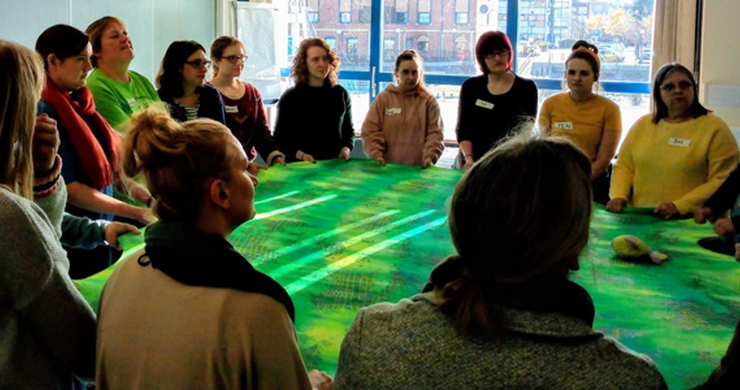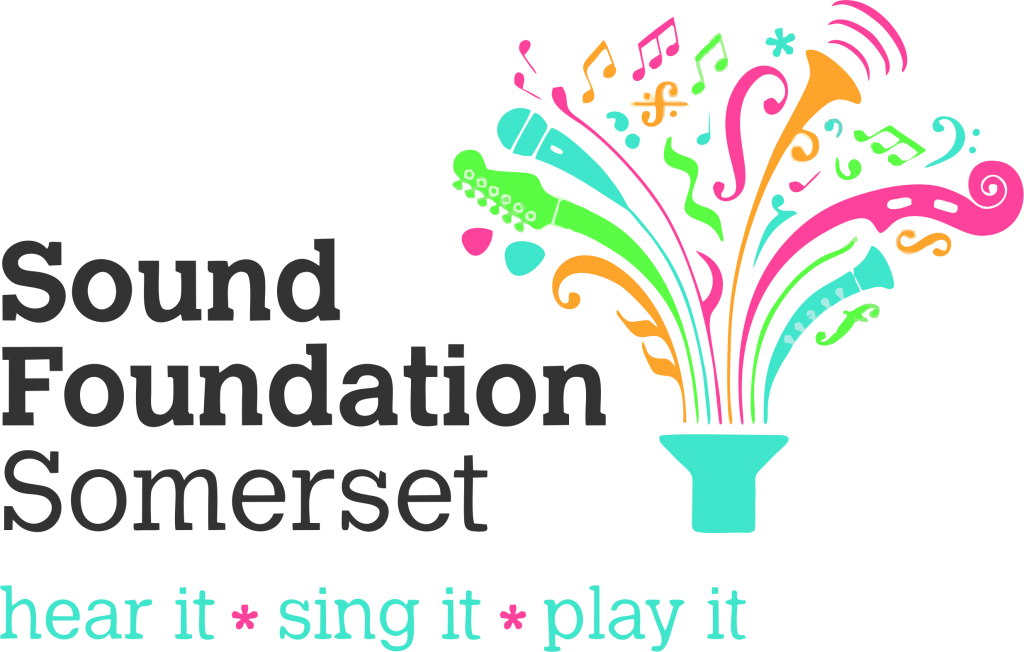
For Teachers & music leaders
Sound Foundation Somerset works with you to help enrich your school’s musical offer. By working in partnership with us, you can access a host of creative and professional development opportunities for your staff and pupils.

